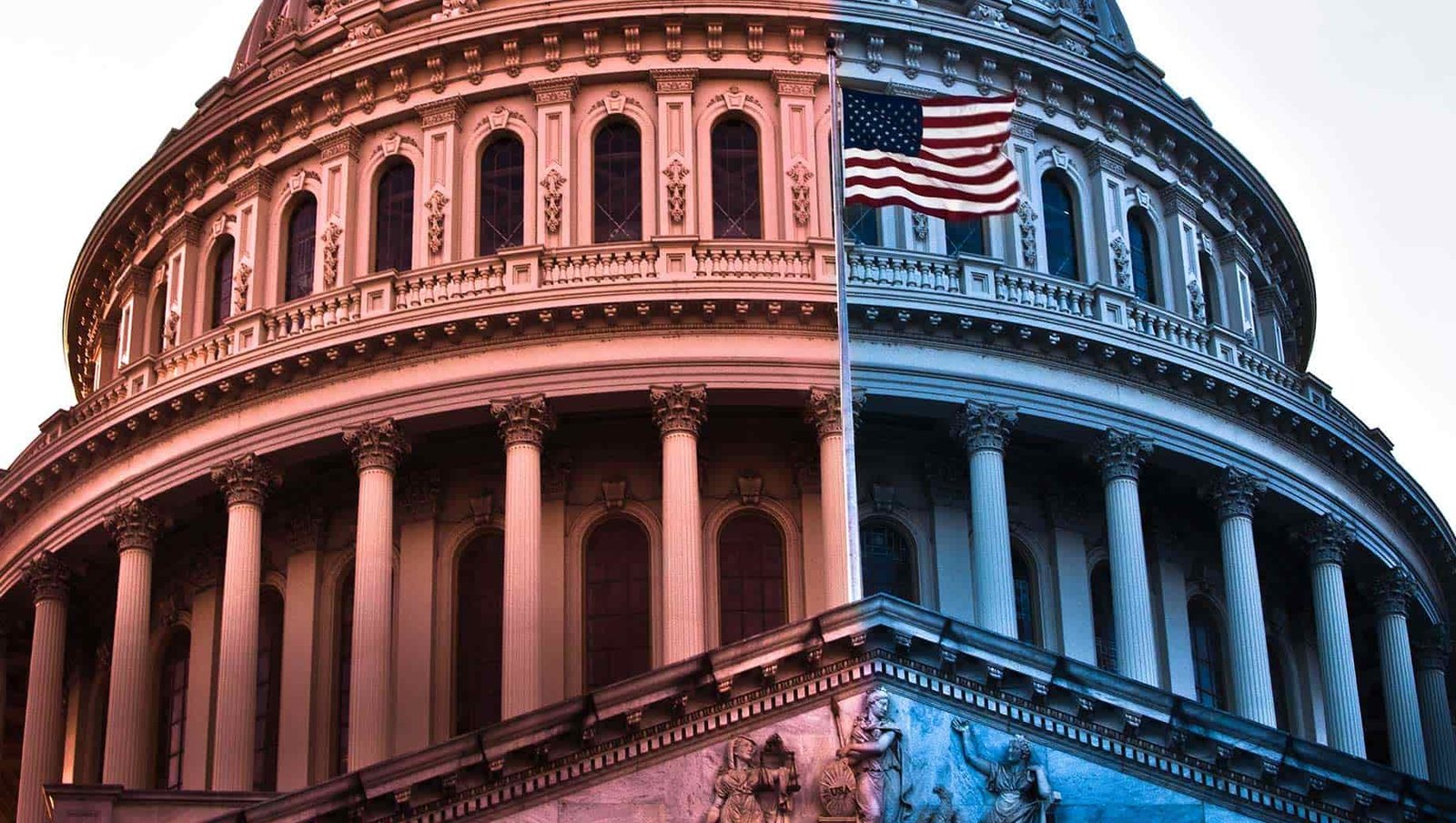Introduction Democracy, a system of governance that has long been hailed as the ideal form of government, is facing unprecedented challenges in the 21st century. As the world changes rapidly due to technological advancements, shifting political landscapes, and global crises, the future of democracy is increasingly uncertain. However, alongside these challenges come opportunities for renewal and strengthening democratic institutions. This article explores the key challenges facing democracy today and the potential opportunities that could shape its future.
Challenges to Democracy
- Rising Populism and Authoritarianism
- In recent years, the rise of populist movements and authoritarian leaders has posed a significant threat to democratic norms and institutions. Populist leaders often capitalize on public dissatisfaction with the status quo, promising to represent “the people” against perceived elites. While this rhetoric can resonate with voters, it often leads to the erosion of democratic checks and balances, weakening institutions like the judiciary, the media, and civil society.
- Erosion of Public Trust
- Public trust in democratic institutions is declining in many parts of the world. This erosion of trust is fueled by corruption, political polarization, and perceived inefficiencies in governance. When citizens lose faith in the ability of democratic institutions to address their needs, they may become more susceptible to anti-democratic sentiments and less engaged in the political process.
- Digital Disinformation and Cyber Threats
- The digital age has brought about new challenges for democracy, particularly in the form of disinformation and cyber threats. Social media platforms, while democratizing information, have also become breeding grounds for the spread of false information and divisive rhetoric. Additionally, cyber attacks on electoral systems and critical infrastructure pose significant risks to the integrity of democratic processes.
- Economic Inequality
- Economic inequality is a growing concern in many democracies, as the gap between the rich and the poor continues to widen. This disparity undermines the principle of equal representation, as wealthier individuals and corporations often exert disproportionate influence over political decisions. When economic inequality is left unaddressed, it can lead to social unrest and weaken the foundations of democracy.
- Global Crises and Nationalism
- Global crises, such as the COVID-19 pandemic and climate change, have exposed vulnerabilities in democratic governance. In response to these challenges, some governments have turned to nationalist policies, prioritizing short-term national interests over global cooperation. This shift towards nationalism can weaken international democratic norms and hinder collective efforts to address global issues.
Opportunities for the Future of Democracy
- Strengthening Civic Engagement
- Despite the challenges, there are opportunities to revitalize democracy through increased civic engagement. Encouraging citizens to participate actively in the democratic process, whether through voting, community organizing, or public discourse, can help rebuild trust and ensure that democratic institutions remain responsive to the needs of the people. Education and civic literacy programs can play a crucial role in empowering citizens to engage meaningfully in democracy.
- Leveraging Technology for Democratic Renewal
- While technology presents challenges, it also offers opportunities to enhance democratic governance. Digital tools can be used to increase transparency, facilitate citizen participation, and improve government accountability. For example, online platforms for participatory budgeting, e-voting, and public consultations can make democratic processes more accessible and inclusive.
- Promoting Social and Economic Equity
- Addressing economic inequality is essential for the future of democracy. Policymakers must prioritize policies that promote social and economic equity, such as progressive taxation, social safety nets, and access to quality education and healthcare. By reducing inequality, democracies can ensure that all citizens have a fair opportunity to participate in the political process and that their voices are heard.
- Renewing Democratic Institutions
- The renewal of democratic institutions is vital for their resilience in the face of contemporary challenges. This renewal may involve reforms to electoral systems, the judiciary, and the media to strengthen checks and balances, protect the rule of law, and safeguard press freedom. International cooperation and the sharing of best practices can also support the strengthening of democratic institutions worldwide.
- Global Cooperation and Multilateralism
- In an increasingly interconnected world, global cooperation and multilateralism are crucial for addressing transnational challenges. Democracies must work together to defend democratic norms, promote human rights, and tackle global issues such as climate change, migration, and pandemics. By fostering a spirit of cooperation and solidarity, democracies can create a more stable and just international order.
Conclusion The future of democracy is at a crossroads, with significant challenges threatening its survival and opportunities for renewal emerging in response. The resilience of democracy will depend on the ability of citizens, leaders, and institutions to adapt to changing circumstances, address underlying issues, and embrace new ways of governing. By strengthening civic engagement, leveraging technology, promoting equity, renewing institutions, and fostering global cooperation, the future of democracy can be bright, ensuring that it remains a vital force for justice, freedom, and human dignity in a changing world.
